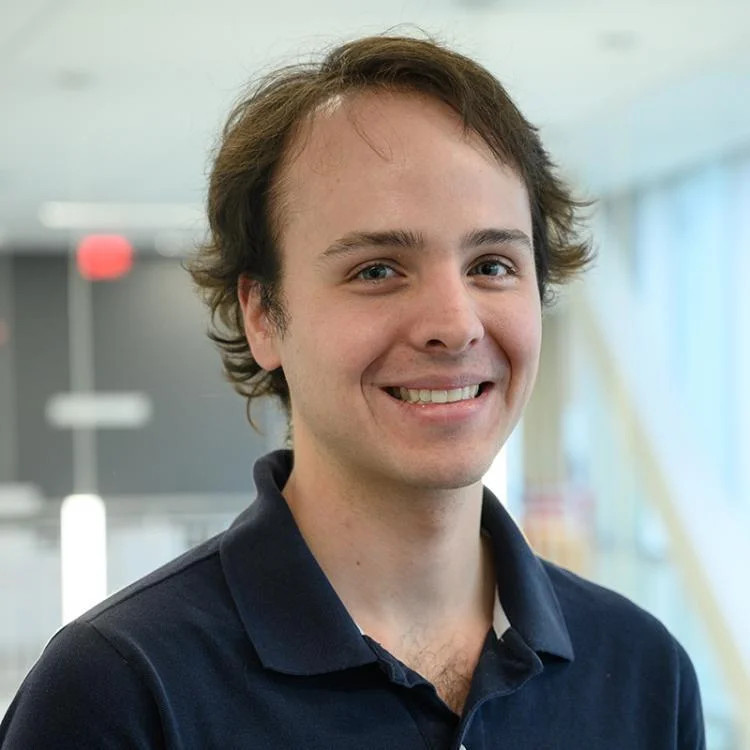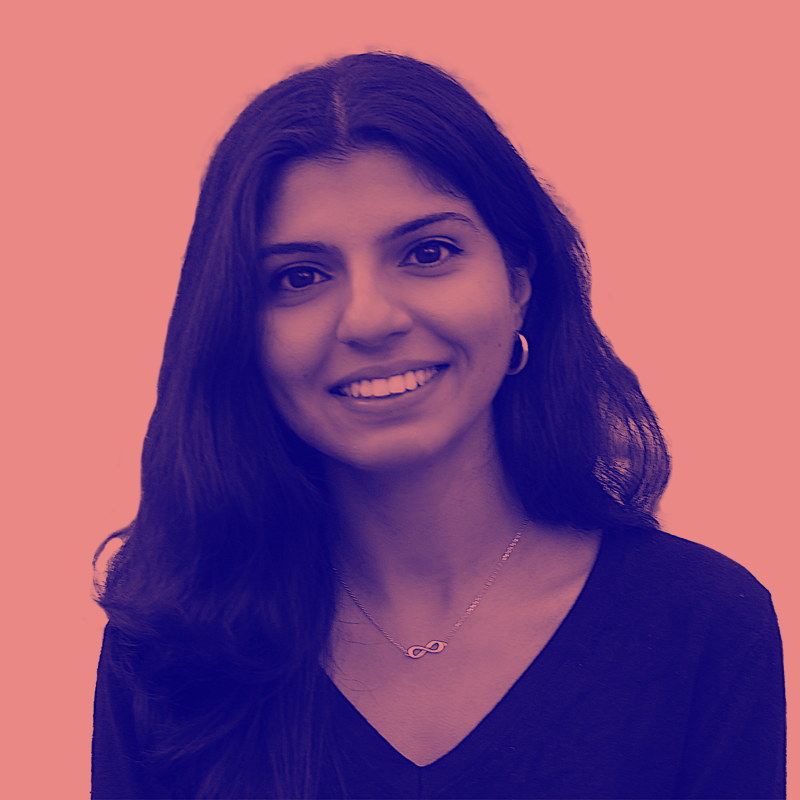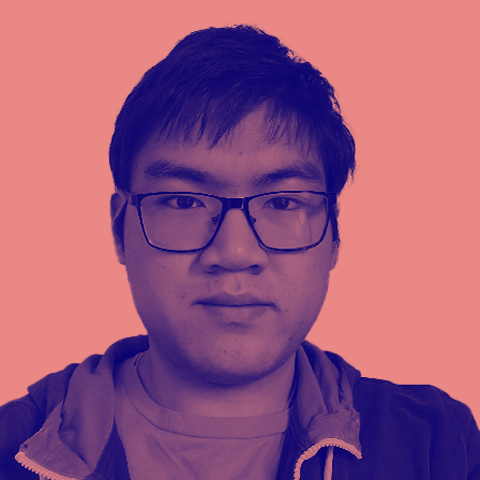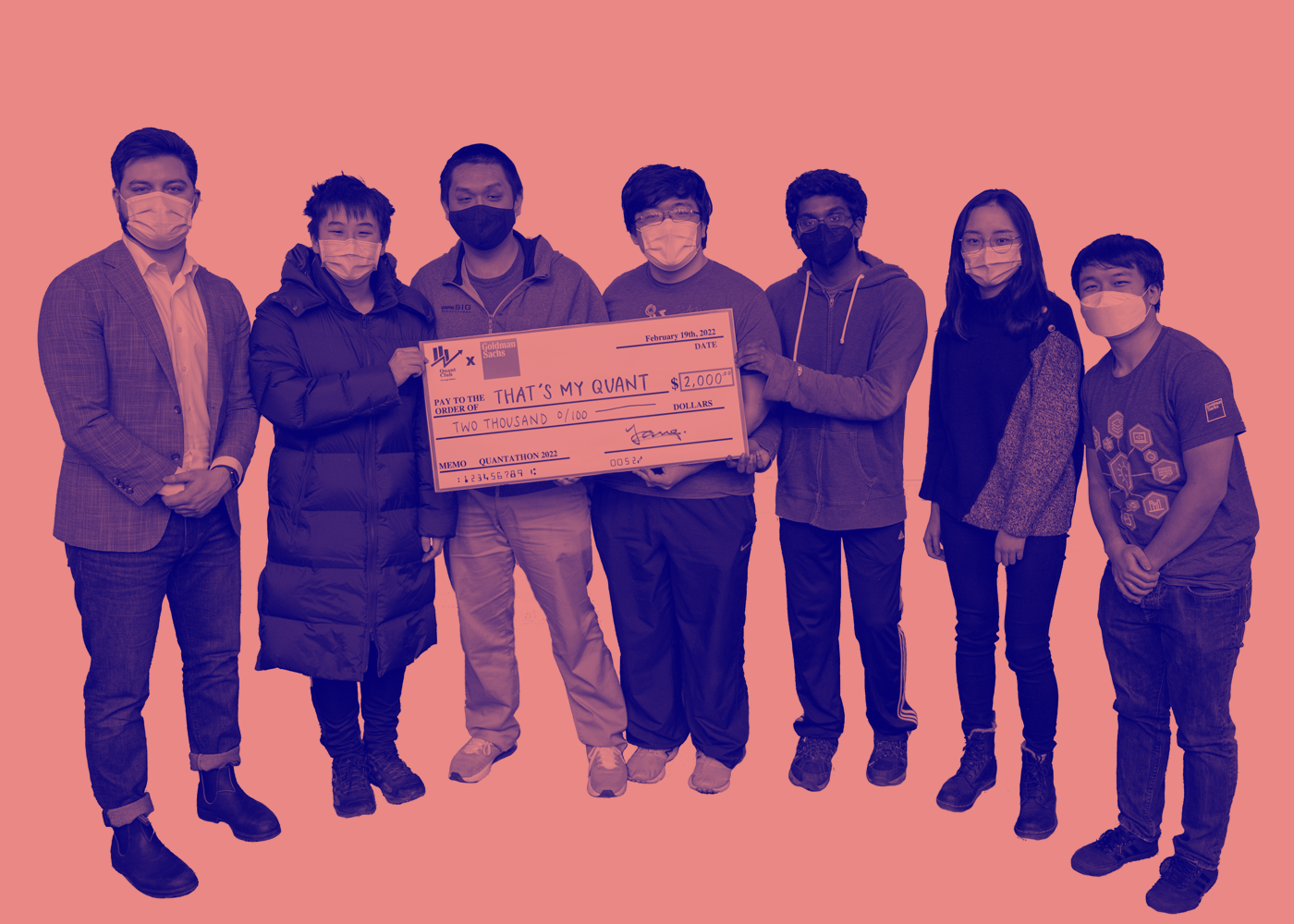Student Stories
Marcos Mazari-Armida
Wins Prestigious
2021 Sacks Prize in Logic
Marcos Mazari-Armida
(Image courtesy of University of Colorado Boulder)
Mazari-Armida, now a Burnett Meyer Postdoctoral Fellow at University of Colorado Boulder, specializes in model theory, a subfield of mathematical logic that studies the relationship between mathematical objects and the languages used to communicate about those objects.
Mazari-Armida showed in his dissertation, completed at Carnegie Mellon, that abstract elementary classes (AECs), which are a semantic framework to study model theory, can affect traditional mathematics in interesting ways. Using the framework of abstract elementary classes, Mazari-Armida linked the 50-year-old model-theoretic notion of “superstability” to the classical 100-year-old algebraic notion of a “Noetherian ring.”
A section of Marcos Mazari-Armida’s dissertation
(Image courtesy of University of Colorado Boulder)
“I am incredibly honored to have won the Sacks Prize,” Mazari-Armida said. “I am very grateful to my advisor Rami Grossberg for all of his support.”
He also acknowledged that many of the results in his thesis rely on significant developments achieved by other researchers throughout the years. In addition of solving several problems in algebra and discovering unexpected connections between ring theory and model theory of AECs, Mazari-Armida also worked in pure model theory building on and continuing prior work of previous doctoral students in Carnegie Mellon’s Department of Mathematical Sciences, including Monica VanDieren, Will Boney and Sebastien Vasey, contributing to the development of a conceptual infrastructure to an alternative attack on Shelah’s conjectures.
“I thank them for the beautiful mathematics they developed,” he said.
Grossberg said that the Sacks Prize is an incredible recognition of Mazari-Armida.
“As a mathematician, Marcos has advanced the field in extraordinary ways. I look forward to seeing what he accomplishes next,” Grossberg said.
Mazari-Armida is the second student of Grossberg to win the prize. The first was Vasey, who won in 2017.
■ Clint Talbott
Senior Simran Khunger receives Carnegie Mellon Women’s Association scholarship
Khunger, who graduated in May, was a member of CMU’s Association of Women in Mathematics chapter. She worked to make its weekly tea times a comfortable place for students and professors. As a member of the board of the Math Club, she expanded that board to 12 members.
“We wanted people who were excited about making the math department a more diverse community and pointing out issues like diversity, equity and inclusion,” Khunger said.
Khunger also pours passion into research and academic work. Khunger collaborated on three papers regarding number theory before graduating and is now a Ph.D. student at the University of Michigan.
Maggie Braun, associate dean for undergraduate affairs, is proud of Khunger’s accomplishments.
“She embodies all that a student receiving this type of award should — she is a strong advocate for women in science and math, she empowers others to reach their fullest potential and she is passionate about Carnegie Mellon and the Mellon College of Science,” Braun said.
■ Kirsten Heuring
Mathematical Sciences’ Junichi Koganemaru receives Young Teaching Award
Junichi Koganemaru, a Ph.D. candidate in the Department of Mathematical Sciences, earned the Hugh D. Young Graduate Student Teaching Award.
Koganemaru attributes much of his teaching skills to his advisor, Ian Tice, associate professor of mathematical sciences and past winner of a faculty teaching award. Inspired by Tice, Koganemaru provided students with over 250 pages of notes when he taught Matrices and Linear Transformations.
“Sometimes, students are so busy taking notes that they forget to follow the flow of the lecture,” Koganemaru said. “In math, you’re trying to follow through with thought and the stream of logical thought and being interrupted by writing could take away from that experience.”
On evaluations, Koganemaru consistently rates between above average and excellent, and students comment on his preparedness and dedication.
“People think of mathematics as formulas and memorizing and doing calculations. A huge part of the subject is about point of view and communication and how to explain ideas,” Koganemaru said. “I really enjoy trying to pinpoint the right point of view so that the students can see what I see.”
■ Kirsten Heuring
Knauth named Recipient Of 2022 Byron Nelson Award presented by Srixon/Cleveland Golf
Mathematical Sciences and Physics major William Knauth of the Carnegie Mellon University men’s golf team was named the 2022 Byron Nelson Award presented by Srixon/Cleveland Golf.
Knauth, who graduated in May, was recognized for his achievement in the classroom, on the course and in his community.
“I would never expect anything like this,” Knauth said. “It’s the greatest honor I could ever be given as a college golfer and, most importantly, as a person.”
Knauth is the second Division III athlete to win the award, joining Washington & Lee’s Nathaniel James (2008). The Williamsport, Pennsylvania, native volunteered for the LiveLikeLou Foundation to support ALS awareness, education and treatment. Knauth also volunteered time with The Education Partnership in Pittsburgh, which helps teachers in local schools with supplies and support with STEM education and activities, the Homeless Children’s Education Fund supporting homeless children in Pittsburgh, the First Church in Williamsport, preparing meals for elderly residents, and FreshCheckDay at Carnegie Mellon, an event to raise mental health awareness and support on campus and in the community.
Knauth set the Carnegie Mellon program record for lowest individual round and tied the school record for the lowest 36-hole tournament score during the 2021-22 season while earning UAA Player of the Year and UAA Championship Most Valuable Golfer. He led Division III as an individual with an adjusted scoring average of 71.00 through 22 rounds last season. He also was a finalist for the NCAA Division III Jack Nicklaus National Player of the Year Award.
“Will has worked extremely hard for everything he’s gotten, and I think that he deserves this,” said head coach Dan Rodgers.
■ Jocelyn Duffy
Sereesuchart selected as Goldwater Scholar
Sereesuchart, who is now a senior, is simultaneously pursuing a bachelor’s degree in mathematical sciences with a minor in computer science and a master’s degree in mathematical sciences as part of the Department of Mathematical Sciences’ honors program.
He is passionate about his research with Giovanni Leoni, professor of mathematical sciences, which investigates the calculus of variations, partial differential equations and geometric measure theory. These techniques are used to investigate real-world objects based on their properties, like seeing how heat flows in solid metal based on where the heat is coming from.
“My area of research draws from a lot of fields of like analysis, which is my main focus,” Sereesuchart said. “It’s really good seeing all of these different pieces that don’t really look related fall into place.”
Sereesuchart also served as a teaching assistant for Vector Analysis, an honors course taught by Leoni. The course covers a range of topics, including Euclidean spaces and derivative maps, and it shows students how they can apply some of these mathematical ideas into real-world applications. He helps his fellow students comprehend these complex concepts and he works with them to explore their interests with the material.
Outside of his classes, Sereesuchart participates in Math Club activities, and he assists with the Carnegie Mellon Informatics and Mathematics Competition (CMIMC), an annual event for high school students. He has volunteered with CMIMC since his first year, starting off as a problem writer then moving to graphic design, creating the competition’s flyers and T-shirts.
Seeresuchart said he plans to use the skills learned from his teaching assistantship and research to pursue a Ph.D. He appreciates the help the scholarship and his mentors have given him.
“I am grateful for all of the support of CMU staff, including my research mentor, Dr. Leoni, for helping me to get this far,” Sereesuchart said. “This scholarship has reaffirmed my decisions, and I cannot wait to continue my studies.”
■ Kirsten Heuring
Quant Club events make students’ math passion
c o u n t
The Quant Club held two major student competitions this past year. On Feb. 19, the club held the all-day Quantathon, sponsored by Goldman Sachs where student teams flexed their math muscles for a chance to win up to $2,000. On March 26, Carnegie Mellon University students participated in the Market Making Game, sponsored by Optiver, a trading firm that specializes in improving the market.
During the Quantathon, students were given a gambling problem designed by Steve Shreve, professor emeritus of mathematical sciences. The students were told that they had two coins, and they did not know if each coin was fair or how often the coins would land on heads or tails.
Organizers asked the teams: based on information from previous coin flips, how could you most efficiently bet on the game?
“The teams that did well all had the correct numerical answer to the most challenging part, but some of them based it on intuitions and simulations with Python, and others had very elegant ways of demonstrating that the answer was correct,” said William Hrusa, professor of mathematical sciences and advisor to the Quant Club.
Though most teams found a correct answer, the winning team members made their solution applicable no matter how many coins are involved.
“Instead of coding these well-known formulas that most other teams did, the winning team went ahead and did these rigorous bounds, rigorous proofs of these terms,” said Gan Yang, former president of the Quant Club and a senior mathematical sciences student. “They were able to generalize those results into the bigger case where there’s more than two coins.”
During the Market Making Game, students worked in groups to solve problems and make trades. In each round, they were given 10 minutes to solve math problems and estimate a trade’s worth. Then for 30 minutes, they rushed around the room as if they were Wall Street traders, attempting to get the best deal possible.
“Give a bunch of 20-year-olds a game and fake cash and they go crazy,” Yang joked. “It’s meant to be messy and energetic. It’s not like our other events.”
During each round, students were given tips by Optiver staffers like Leon Chang, a Carnegie Mellon College of Engineering alumnus who now works as an Optiver software engineer. He said CMU prepared him well for his work, and he was excited that Optiver decided to sponsor the event.
“We really like people who enjoy challenges,” Chang said.
Six teams received awards at the end of the day. Three teams were picked for Estimation (how close they got to the actual value of the stock), and three teams were picked for Trading (how much money they were able to make during the game). The first-place teams for Estimation and Trading, Exit Liquidity and LDS joined Optiver Traders for a celebratory dinner.
■ Kirsten Heuring
Class of 2022 Destinations
Firms that hired more than one member of the class:






Doctoral Programs:
Carnegie Mellon University
Machine Learning,
Computer Science,
Computational Finance
London Business School
Mgmt Science & Operations
Northeastern University
Computer Science
Princeton University
Finance
Rice University
Physics
Stanford University
Mathematics,
Statistics,
Computer Science
UCLA
Mathematics
UC Berkeley
Computer Science
University of Colorado-Boulder
Physics







